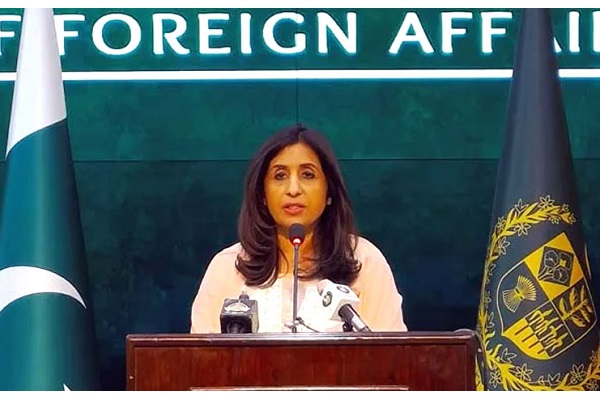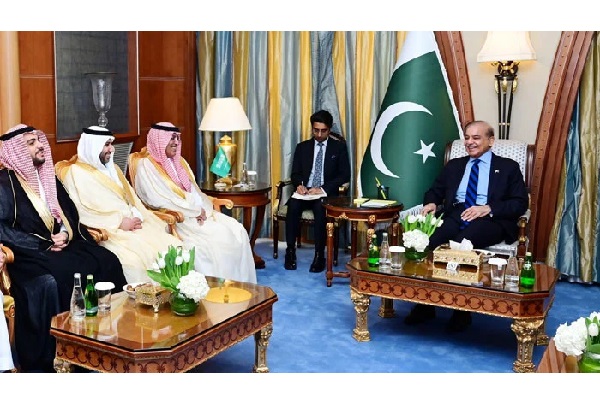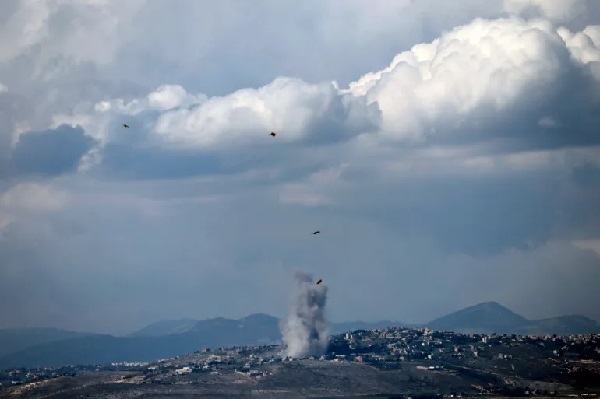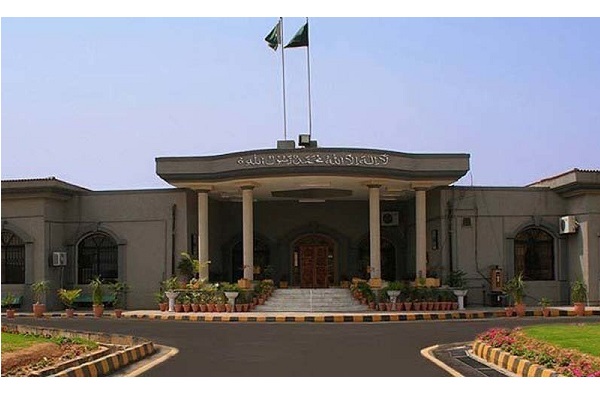RIYADH: Prime Minister Shehbaz on Sunday secured assurances on investment from Saudi Arabia and won plaudits from his hosts,
ISLAMABAD: Foreign Office spokesperson Mumtaz Zahra Baloch provided the initial official acknowledgement of the early Thursday morning operation, Pakistan launched retaliatory strikes on Thursday against targets within Iranian territory, aiming at facilities linked to purported Pakistani Baloch separatist groups.
The tit-for-tat attack came within 48 hours after Tehran said it struck the bases of another group within Pakistani territory.
However, by the end of Thursday, officials from both countries engaged in conciliatory overtures, signalling a mutual interest in de-escalating and containing the heightened tensions. Mumtaz Zahra “This morning, Pakistan’s armed forces executed meticulously planned and coordinated strikes against terrorist strongholds in Iran’s Sistan-o-Baluchistan province.”
The operation, dubbed ‘Marg Bar Sarmachar’, specifically aimed at the banned Balochistan Liberation Army (BLA) and Balochistan Liberation Front (BLF), resulted in nine casualties, all identified as Pakistani nationals.
In the Persian language, “marg bar” means “death to”, while “sarmachar” in the Baloch language means fighter or guerilla and is used by armed groups operating in the cross-border region.
Pakistan’s action was in retaliation to the Islamic Revolutionary Guard Corps’ (IRGC) recent attacks on what Iran deems as Jaish al-Adl bases in Pakistan, a part of a broader pattern of Iranian strikes in Syria and Iraq, purportedly in response to militant attacks in the country in recent weeks.
Intelligence sources disclosed that Pakistani forces engaged at least seven militant sites in the vicinity of the Saravan region, situated around 80 kilometres from the Pakistan-Iran border. The weapon systems employed in these precision strikes included an array of advanced weaponry, such as killer drones, rockets, loitering munitions, and fighter jets.
Notably, the fighter jets deployed stand-off, extended-range munitions, enabling them to engage targets while remaining within Pakistani airspace. The Inter-Services Public Relations (ISPR) detailed that the targeted locations were utilised by militants identified as Dosta alias Chairman, Bajjar alias Soghat, Sahil alias Shafaq, Asghar alias Basham, and Wazir alias Wazi, among others.
Ms Baloch emphasised that the strikes were a pre-emptive action against looming large-scale attacks, reportedly orchestrated by Pakistani militants harboured in Iran. She said Pakistan had substantial intelligence evidence to support the claim of attacks being planned.
Prior to resorting to military action, Islamabad had already reduced diplomatic ties with Tehran, signalling its disapproval by recalling its own ambassador and expelling the Iranian envoy from Pakistan.
The persistent issue of militant hideouts along the border has historically marred Pakistan-Iran relations, with occasional limited countermeasures by Tehran on Pakistani territory. Nonetheless, the recent surge in hostilities represented a significant and unparalleled escalation.
Ms Baloch expressed strong disapproval of Iran’s apparent indifference to Pakistan’s repeated warnings and intelligence sharing regarding the militants’ havens. “This operation is a testament to Pakistan’s unwavering dedication to safeguarding national security against all forms of threats,” she said.
Following the kinetic response, both the Foreign Office and the Pakistani Army expressed a desire for de-escalation.
Ms Baloch, during her weekly media briefing, emphasised that Pakistan was not interested in escalating tensions. “We believe in dialogue and cooperation as key tools for addressing common challenges, including terrorism. Our aim is to continue engaging with our neighbour to fight this threat and uphold peace,” she said.
The ISPR echoed this sentiment, advocating for dialogue and cooperation as prudent approaches to resolving issues between the two neighbouring countries.
Iran’s Ministry of Foreign Affairs, meanwhile, summoned the highest-ranking Pakistani diplomat in Tehran for an explanation of the attacks.
In a statement, the ministry condemned Pakistan’s “unbalanced and unacceptable drone attack on non-Iranian villagers”.
However, it said Iran “adheres to the policy of good neighbourliness and brotherhood between the two nations and the two governments of the Islamic Republic of Iran and Pakistan” and “does not allow enemies to strain the amicable and brotherly relations of Tehran and Islamabad”.
It said Iran considered the security of its people and its territorial integrity “as a red line” and expected “the friendly and brotherly government of Pakistan” to adhere to its obligations in preventing the alleged establishment of bases and the deployment of “armed terrorist groups” on its soil.
The ministry also emphasised that Iran “differentiates between Pakistan’s friendly and brotherly government and armed terrorists” and “does not allow its enemies and terrorist allies to strain these relations”.
In a post on X (formerly Twitter) after the statement, Seyed Rasoul Mousavi, director general of West Asia at Iran’s foreign ministry, hoped that the statement would mark an end to recent tensions.
You May Also Like
LEBANON: Hamas’s armed wing said its members in Lebanon’s south has launched a slew of rockets at a northern Israeli military position.
ISLAMABAD: Islamabad High Court’s (IHC) Justice Babar Sattar on Monday dismissed pleas filed by the Pakistan Electronic Media






